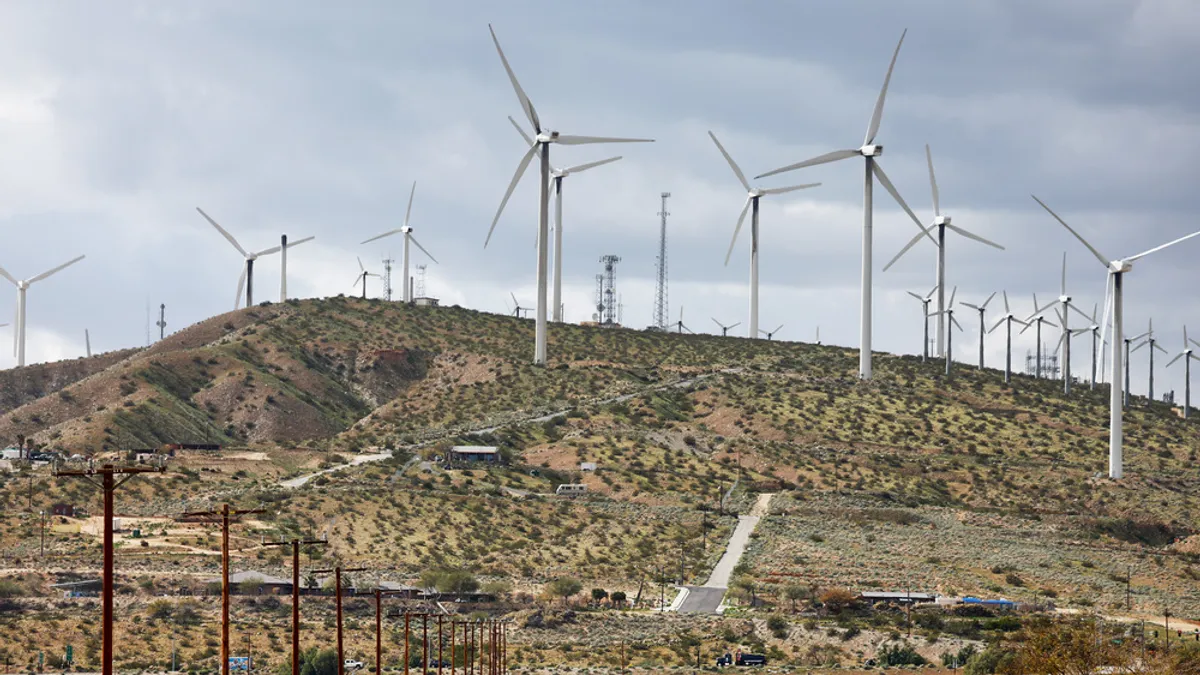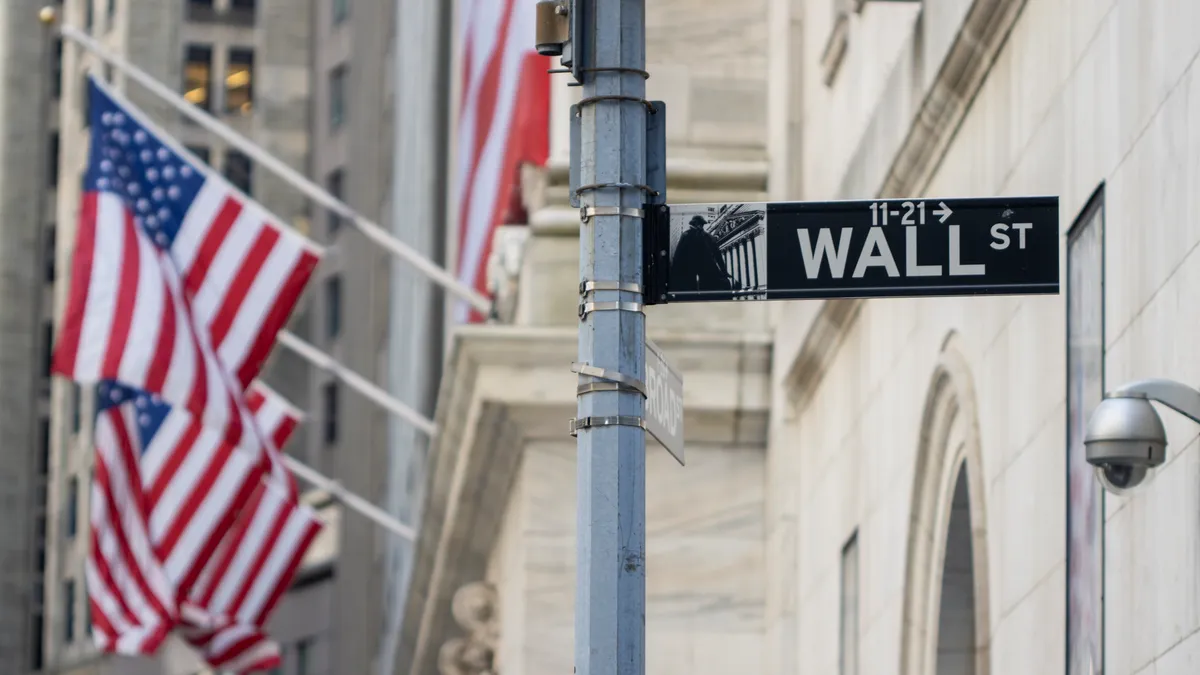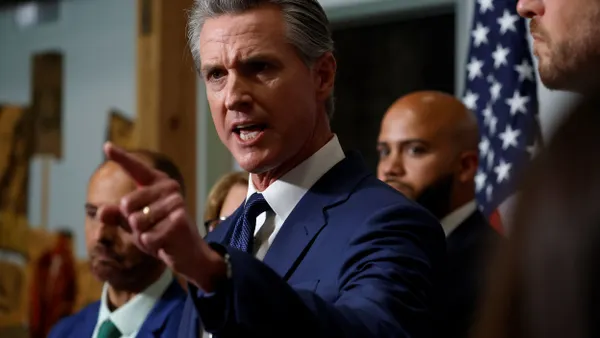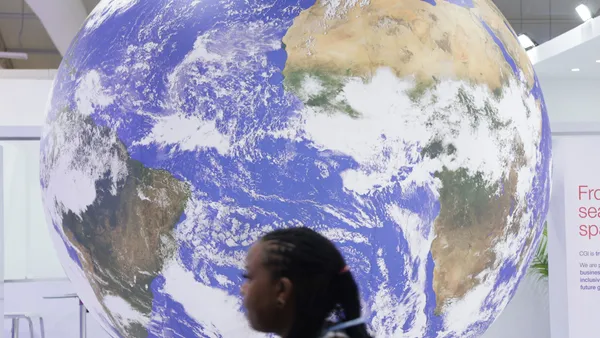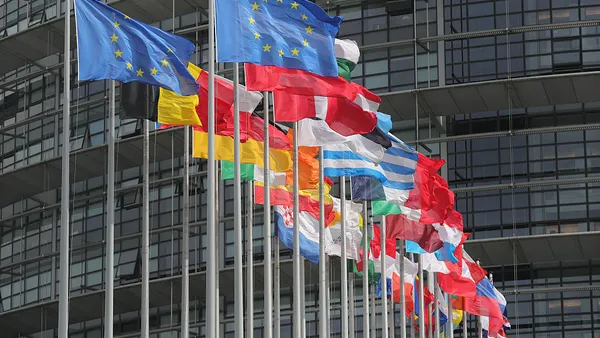WASHINGTON, D.C. — As Congressional Republicans work through the budget reconciliation process, clean energy policy experts attending DC Climate Week flagged concerns about the future of clean energy development in the United States. Participants at the conference said that uncertainty surrounding the ultimate fate of clean energy tax credits and the end effect of President Donald Trump’s tariffs is preventing U.S. companies from surpassing global competitors.
While the opening day of the city’s inaugural climate week focused on the climate and tech solutions that can help businesses and fields innovate, panels on Tuesday revealed that the current policy and tax ambiguity is negatively affecting businesses and energy development.
The current lack of market certainty means that companies don’t have clarity about the financial incentives that will exist when a project is completed, Rep. Don Beyer, D-Va., said at a Tuesday panel hosted at the Martin Luther King Jr. Library.
“If our businesses don't know what to invest in, if they are totally confused and concerned by tariffs and what's happening with the various acts of reconciliation — where you have no idea what the big, beautiful bill is going to look like — they just don't know whether to invest or not,” Beyer said.
Beyer, who serves on the House Ways and Means Committee, said he and Congressional Democrats would be working “to preserve all the certainty” built into the Chips and Science Act, and former President Joe Biden’s landmark climate bills: the Bipartisan Infrastructure Law and Inflation Reduction Act.
On his first day in office, Trump signed a flurry of executive orders signaling a walkback on federal climate policy established by his predecessor, including a directive that suspended all funding disbursements related to the IRA and the Bipartisan Infrastructure Law.
“Those are three big, long term pieces of security, and they're all at risk right now,” Beyer added.
Joey Paolino, a senior principal for clean energy think tank Advanced Energy United, concurred with Beyer and said the industry is impeded without policy certainty “and the business certainty that goes along with that.”
“If you are making investments in the United States, because … you see that prices are going down for clean energy technologies, and you've been provided that tax certainty, you can go to your [Chief Financial Officer] and say, ‘This is a smart investment,’” Paolino said. “But what's not a smart investment is when you have uncertain tax regimes, where you're saying we don't know what the tax landscape is going to look like in a few years.”
Some of the clean energy investments included in the Bipartisan Infrastructure Law and IRA begin to expire later this year, and climate nonprofit Clean Tomorrow CEO Lindsey Baxter Griffith said the nation is heading towards an “innovation funding cliff.”
“We need these capabilities. We need that commercial muscle in our federal apparatus to be able to actually innovate those technologies and then bring them to market to stay competitive,” she said.
Dan Delurey, former White House director for clean energy, said that the U.S. has not done enough to introduce climate policies that would turn climate solutions “into a business and corporate opportunity when it was right there for the taking.”
“Almost everything to do with photovoltaic cells and panels was invented here in the U.S., but they're all now being made in China,” said Delurey, also a senior energy and climate fellow at Vermont Law School. “I think what that reflects is a problem that we still have, which is there's no recognition of trends and certainties when it comes to policy making, and certainly when it comes to climate.”


